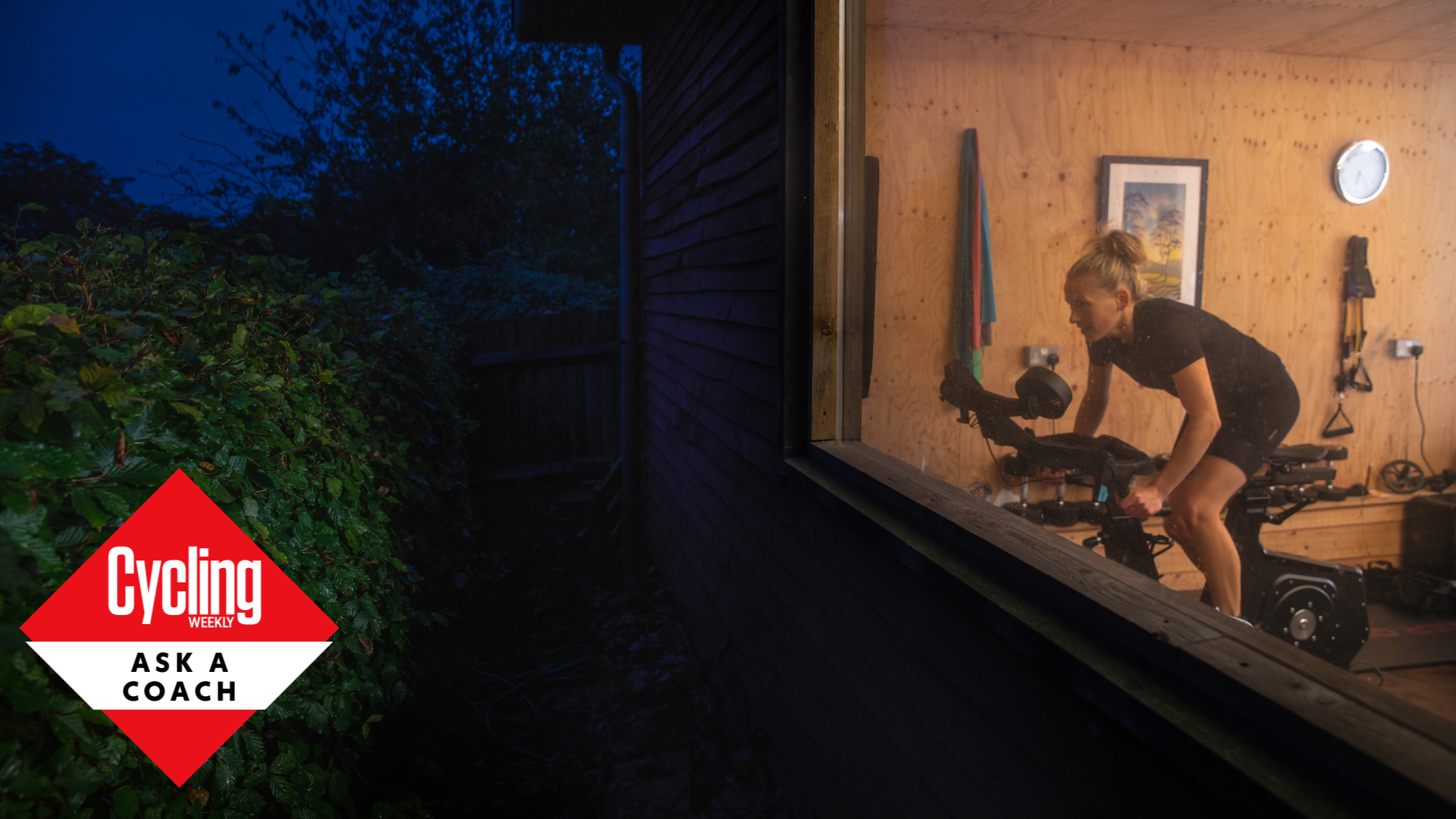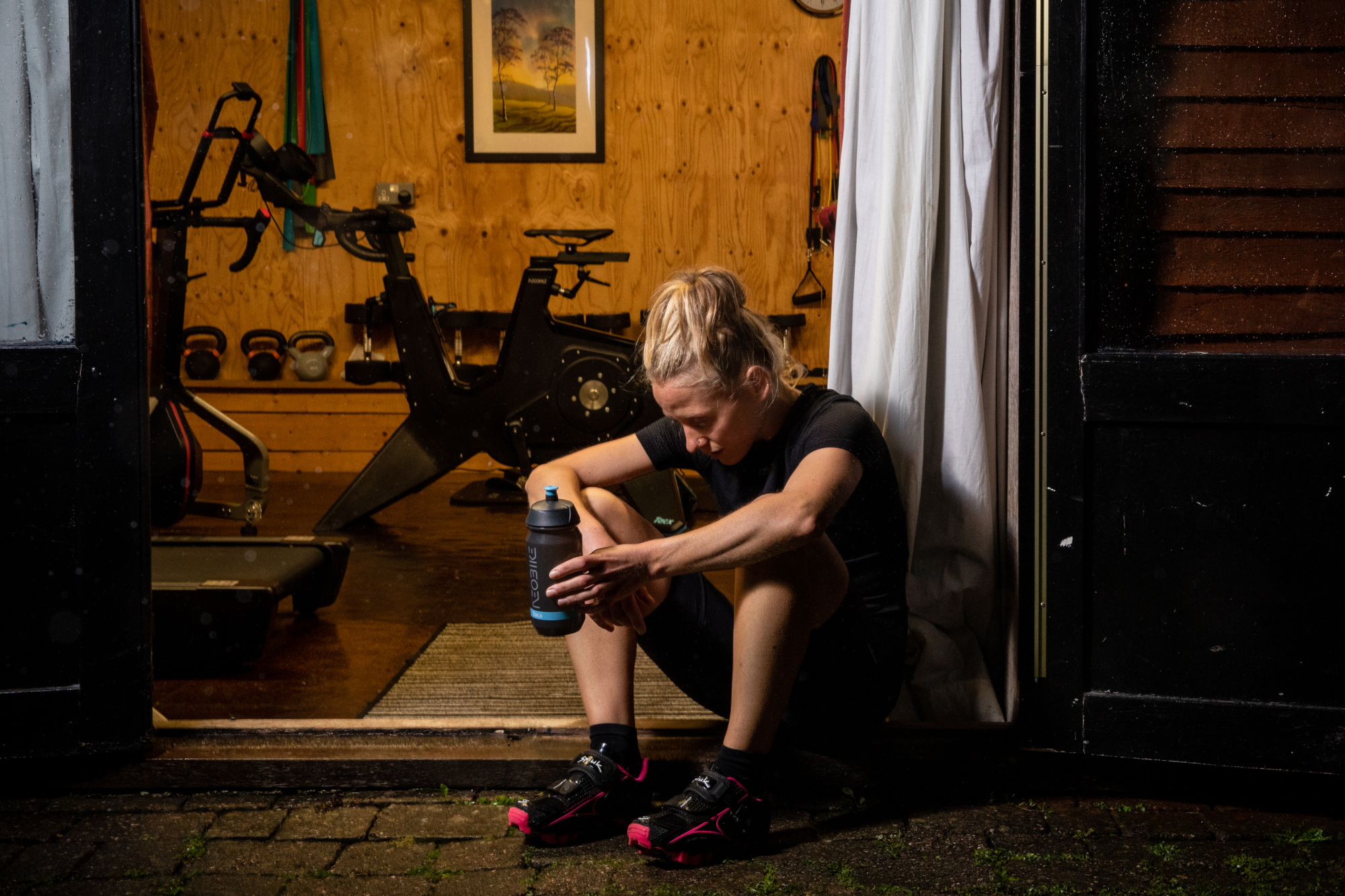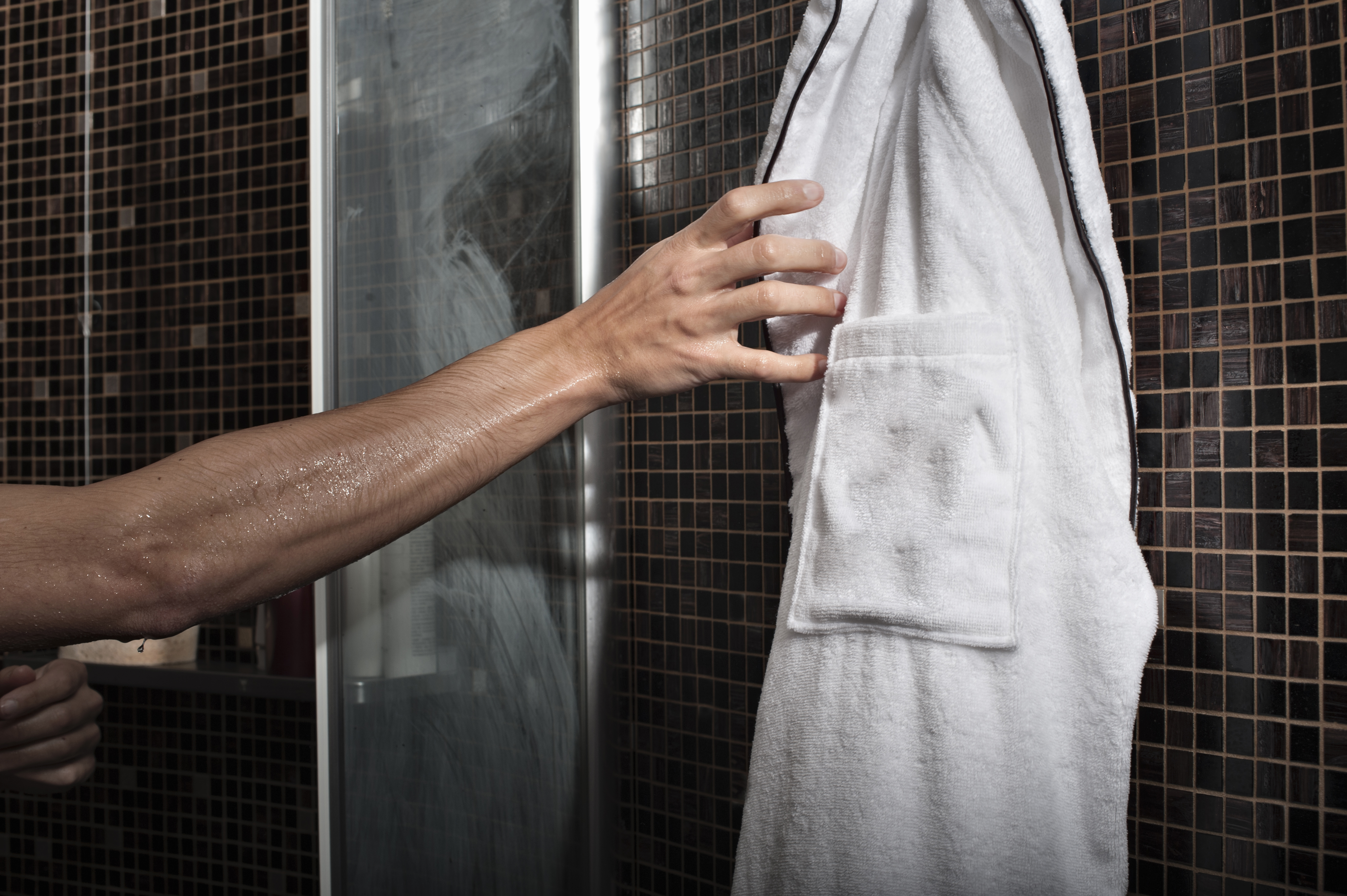Ask a coach: ‘I have trouble sleeping after a late-night turbo session – any tips for better recovery?’
For busy athletes balancing work and family life, sometimes training has to include late-night sessions - so what can be done to make the best of the situation?


The latest race content, interviews, features, reviews and expert buying guides, direct to your inbox!
You are now subscribed
Your newsletter sign-up was successful
Do you ever find yourself with a burning question you’d like to directly ask a cycling coach? Well, now is your chance to ask away! In this series, we’ll be putting your questions to expert coaches – send them in to Cycling Weekly's Fitness Features Editor at anna.abram@futurenet.com
Busy athletes are often balancing work and family whilst still trying to get their training in. Thanks to the best smart trainers we can now train and ride with others on the best indoor training apps for cycling at any time of day.
However, this also inevitably leads to those late-night turbo sessions we all love to hate. Although these sessions are important for improving fitness, they can impact adversely impact the recovery side of the equation - all too often athletes report that they struggle to sleep after training intensively in the evening.
Clearly, missing these sessions is not a good idea if you want to improve your fitness, so what might you be able to do to improve sleep afterwards?
Well, they do say that good coaching is a little like parenting… most of it is telling athletes to go to sleep and eat their greens! So here are a few tips from sports scientist James Spragg to help you fall asleep after those late-night turbo sessions.

Sports scientist and coach James Spragg is one of the experts who will be answering your questions in Cycling Weekly's ASK A CYCLING COACH series which comes out every Wednesday. Working both in research and applied settings, he currently runs Intercept Performance Consultancy.
1. No caffeine

It seems a no brainer, but you would be surprised how many times I have heard athletes having a coffee just before a late night session, or using caffeine supplements during.
If you use caffeine to help you perform in those sessions, don’t be surprised if you can’t sleep afterwards. While there is little evidence that chronic caffeine supplementation will affect the boost you get from using it on race day, it might be best to leave the caffiene filled energy gels in the cupboard when training in the evening.
The latest race content, interviews, features, reviews and expert buying guides, direct to your inbox!
2. Sleep hygiene
When coaches talk about sleep hygiene, they don’t mean washing your bed sheets although please do wash your bed sheets – what they mean is improving all those little habits around bedtime. We all know that excessive screen time in the evening is not conducive to getting good sleep. Spending time on your computer or phone after a session checking out exactly how many watts you were producing is not going to help you get to sleep afterwards.
Best to stay off your phone and avoid screen time between the end of your session and when you go to bed.
Likewise, I would suggest that you don’t even sleep with your phone in the bedroom – if you need an alarm clock go and buy an alarm clock and use that instead.
3. Showering before bed

Now this might sound like an old wives tale but it’s something I have used with international athletes when they are travelling across time zones and I know that team GB uses the same strategy. One of the key things that helps you fall asleep is a slight drop in core body temperature.
After your session you will likely have an elevated core body temperature. However, by the time you have had a bite to eat and packed away the turbo it might have dropped. By jumping in a hot shower just before you go to bed you can once again raise your core body temperature a little.
Then, when you come into a cool / cold bedroom the contrast temperatures will mean that your elevated body temp will drop quickly than normal and this will help send you off to sleep much easier than normal. For this to work, however, you need to make sure that your bedroom is nice and cold. Yes those first few minutes under the duvet might be a bit chilly but you’ll fall asleep much quicker!
4. Have a routine
The final tip is to experiment and find out what works for you! If you find that reading drops you off into a deep slumber then read. However, it might be that reading actually keeps you awake! Likewise, some people may find that listening to music helps them fall asleep whereas for others that won’t work at all. Find what works for you and use it alongside the tips above!
James Spragg is a sports scientist and coach, working both in research and applied settings. When not working with athletes James can be found skiing, climbing, cycling or drinking coffee!
Alongside Dan Lorang and Peter Leo, James runs Intercept Performance Consultancy. Over the last 8 years in various roles, as coaches, performance consultants, performance managers, and sports scientists, Dan, James and Peter have played a role in helping athletes achieve more than 10 World Championship titles, several Olympics medals (including a Gold and Silver Medal in Tokyo 2020) and several Top 5 results in some of the biggest sporting events on the planet (Tour de France, Olympics, World and European Championships). Our single focus is on improving performance in all settings.